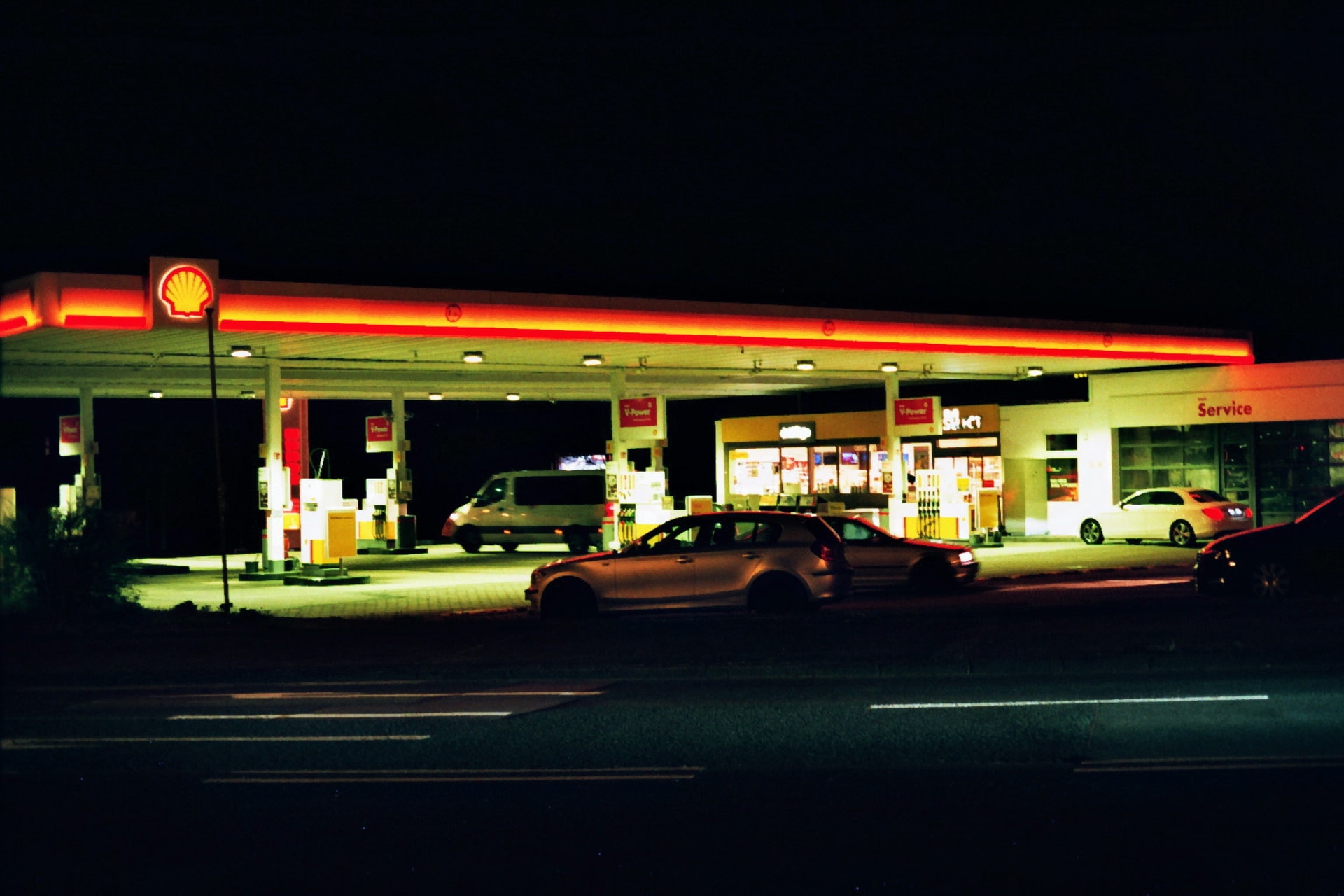
Lack Of Evidence By Plaintiff Leads To Dismissal Of Personal Injury Claim
February 22, 2022
When someone is injured on a person or corporation’s property, and that injury occurs because of the actions or negligence of the property owner (or occupier), the injured party may be able to pursue damages from the person or corporation who is responsible.
This type of personal injury law is known as occupiers’ liability. Pursuing or defending oneself from an occupiers’ liability claim should be alongside a legal team with experience in such matters. As we see in a recent decision from the Court of Queen’s Bench of Alberta, a failure to do so may leave a party unsuccessful due to poor preparation.
Plaintiff is injured in a parking lot
The injured party, the plaintiff in the original hearing, pursued damages against Shell Canada after he claimed to have fallen and injured himself in a parking lot owned by Shell when he was returning to his car. After the plaintiff submitted his claim, Shell was successful in its application for summary dismissal, namely on the grounds that the plaintiff did not provide enough evidence to be successful at trial. The Master’s decision came down in favour of Shell after it was determined the plaintiff had failed to establish whether there was a hazard present in the parking lot. The establishment of a hazard would be needed in order for Shell to be found negligent in allowing it to occur.
Plaintiff wants defendant to provide information
The plaintiff’s position prior to and during the appeal was that Shell should be required to share with him its policies, procedures, or logs about ice maintenance. The plaintiff said he had slipped on ice in the parking lot and that access to the documentation he had requested might establish that Shell’s policies related to ice removal were insufficient or were not followed.
The plaintiff’s legal team told the court that it was highly likely that the plaintiff had slipped and injured himself on ice in Shell’s parking lot, stating that once that had been established, the burden would be shifted to Shell to establish that they had implemented a reasonable system to remove ice or prevent it from building up in the parking lot. If such a system exists, the plaintiff believed Shell should have to demonstrate it was followed.
If the plaintiff was left to rely solely on his affidavit, he told the court his pursuit of damages would have been futile. Instead, the plaintiff said he should have been allowed to call witnesses in addition to his pursuit of documentation from Shell.
Property owner maintains there is no issue warranting a trial
Shell successfully pursued summary dismissal and took the same position before the court this time around. They told the court that the plaintiff’s own words show no genuine issue warranting at trial, including a statement from the plaintiff where he said he noticed “a bit of snow” when he arrived at the parking lot. He also said the parking lot “looked like it had been cleaned and a few spots of snow…And beside my car, about a couple feet away, there was, looked like, maybe some snow or something like that…”
During questioning, the plaintiff could not recall if there was any ice in the parking lot, and when he approached his car, he saw water forming a puddle but did not see ice. The plaintiff said he slipped and fell when he was walking through the puddle. When asked if he had felt any ice under the puddle, he said he said no, and that the cloudiness of the puddle prevented him from seeing any ice. Nevertheless, his affidavit said he had “slipped and fell on ice that was below the surface of the puddle.” Another witness’ affidavit stated that when the plaintiff was awaiting medical assistance, she overheard firefighters warning one another of ice on the ground and that a stretcher should not be brought to the area where the plaintiff slipped because of said ice. It should be noted that this statement is considered hearsay because no firefighter present at the time confirmed such a statement had been made. The affidavit was also sworn five years after the accident occurred.
Did the court make an error in dismissing the plaintiff’s case?
The first issue the court had to address was whether the Master made an error in granting Shell’s application for dismissal. The court wrote that no such error occurred, relying on the plaintiff’s failure to establish that a hazard had been present as required by the Occupiers Liability Act. Without the establishment of a hazard, there was no obligation on Shell to address what they may have done or failed to do.
The court was also asked to determine if the additional evidence provided by the plaintiff and his supporting witness should lead to the establishment of a hazard. The court ruled in favor of Shell here again, stating that neither affidavit stated that there was ice in the place where the fall occurred. In addition, it was clear that the plaintiff’s affidavit provided contrary facts than those he provided while questioning the first time around.
The court dismissed the appeal, and the plaintiff could not pursue his claim.
Calgary lawyers advising parties facing occupiers’ liability claims
The personal injury law team at HMC Lawyers has significant experience in defending our clients against claims of occupiers’ liability. We understand the financial risks that litigation brings and work with our clients to assess a claim and determine potential liability exposure quickly. We then work with our clients to develop a strategy that will likely lead to a satisfactory conclusion while also mitigating potential legal costs. Please contact us online or reach us by phone at 1-800-480-3534 to see if we can help you today.
